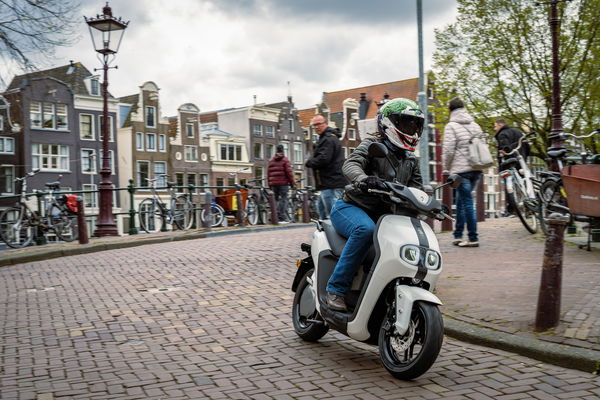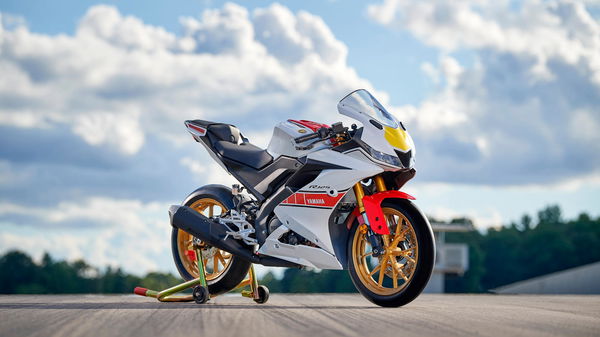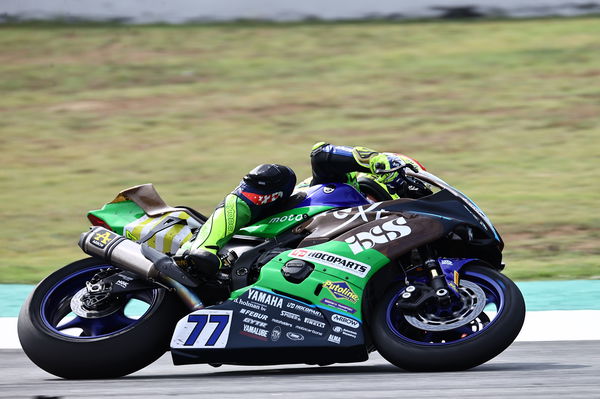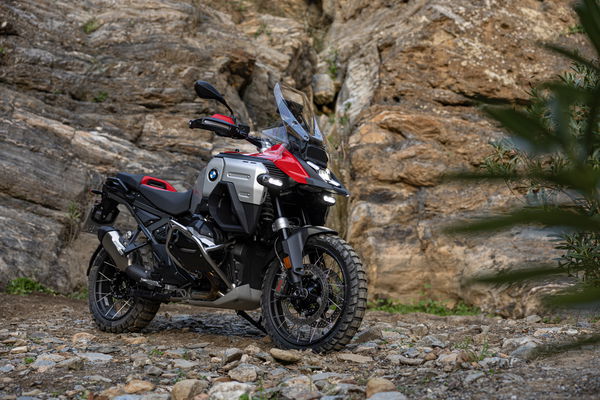Yamaha to begin using plant-based resin in engines
Yamaha is set to begin using a new sustainable resin in the engines for its marine vehicles, and there is the possibility it could also be used in bike engines.

Yamaha has announced that it will begin using plant-derived materials for building its marine vehicles.
The Japanese manufacturer is a long-established factor in the marine sector, with Yamaha producing a whole range of outboard motors, as well as jet skis.
Yamaha has now announced “that it will adopt plant-derived cellulose nanofiber (CNF) reinforced resin for marine products as an initiative toward reducing CO2 emissions and the Company’s environmental footprint.” Yamaha’s own research found its use of CNF will be the first practical use of the material for vehicle parts.

The CNF is developed in conjunction with Nippon Paper Industries, who are headquartered in Tokyo.
Nippon was founded in 2001 and concerns itself with the manufacturer and distribution of paper-based products, generally speaking.
Of course, paper concerns wood, and therefore it is an appropriate partner for Yamaha to find, since CNF is made from wood resources.
Further, from an aquatic perspective, there will be interest from Yamaha that a subsidiary of Nippon Paper Industries developed a waterproof cardboard box.
Yamaha says it plans to use CNF “in engines for personal watercraft and sport boats,” and that the first production models to use CNF-made engines should arrive in 2024.

More interestingly, though, Yamaha does not restrict its possibilities to watercraft.
“Yamaha Motor is examining the utilisation of this material not only in marine products but also in motorcycles and a wide range of other products in the future,” Yamaha says in a press release.
This is an interesting development, since it makes the slightly unusual step for a manufacturer of taking ideas of sustainability outside simply of emissions generated as a side-effect of power generation from the vehicle’s power unit.
Instead, this approach from Yamaha also considers the environmental impact of the construction of the power unit. In comparison to electric vehicles which use lithium for the batteries, and therefore the environmentally harmful process of lithium mining, this can be seen as a positive approach from Yamaha.

Of course, it should not be overstated - using a sustainable resin is hardly going to reverse climate change - this is not the ultimate solution - but it can be seen as a positive environmental step made by a manufacturer.
Yamaha will still have to confirm yet whether its CNF resin will be used outside of its marine vehicles and also in its motorcycles. While we await that confirmation - that presumably won’t arrive until 2023 at the earliest - it will also be unclear when the first Yamaha motorcycles to use CNF resin will become available, although any time before 2025 seems unlikely.

The use of CNF in a Yamaha motorcycle would also not be the first time a bike from Iwata has used plant-based materials, after the Ten Kate Yamaha R6 of two-time WorldSSP champion Dominique Aegerter used a plant-based fairing at the Barcelona WorldSBK round earlier this year.











